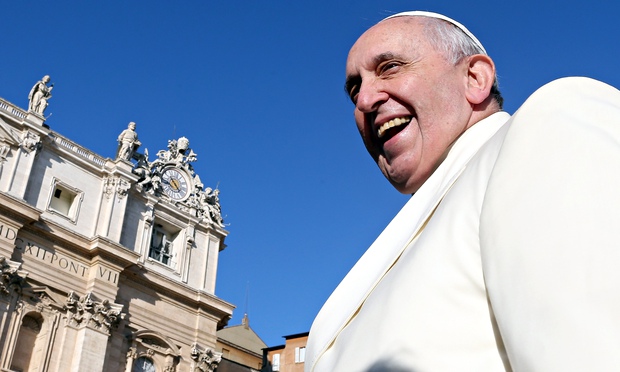So I just finished reading The Historical Roots of Our Ecological Crisis for my Sustainability, Social Justice, and Human Rights class… I have to say, I am left completely disagreeing with Lynn White’s perspective of our ecological crisis (coming from someone living in the 21st century while the article was written in 1976. When White says, “By destroying Pagan animism, Christianity made it possible to exploit nature in a mood of indifference to the feelings of natural objects” (White 1205) I began to wonder why I have never learned this Christian view seeing that I went to catholic schooling for several years and we supposedly were taught world religions. If I have to say I learned something from this reading I certainly have. The idea that Christianity establishes a dualism of man and nature but insists God’s will is that man exploits nature for their own ends is a totally new concept to me. (White 1205)
White’s main point is essentially that the joining of science and technology together had huge ecological impacts and that Christianity is to blame for this. She states, “I personally doubt that disastrous ecological backlash can be avoided simply by applying to our problems more science and more technology” which I do agree with. I don’t think technology advances will solve our problems- costly carbon sucking vacuums can only do such much for our atmosphere but behavioral and cultural changes along with changes in worldwide frameworks are what will solve our ecological disaster. Where I do not agree, however, is when White says the only way to solve our disaster is through a change in religion… “More science and more technology are not going to get us out of the present ecologic crisis until we find a new religion, or rethink our old one.”
This graph (2005) shows world religious identifications where 77% are not identified as Christian and of that 16% identified as nonreligious. Can you blame a global problem on 33% percent of the world? I don’t think so… furthermore, I do not think it’s plausible that any religious changes could make a significant enough impact to better today’s environmental crisis
White, Lynn. The Historical Roots of Our Ecological Crisis. 10 March 1967. Science 155, 3736; 1203-1207.


